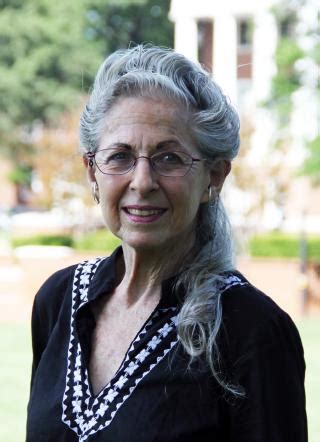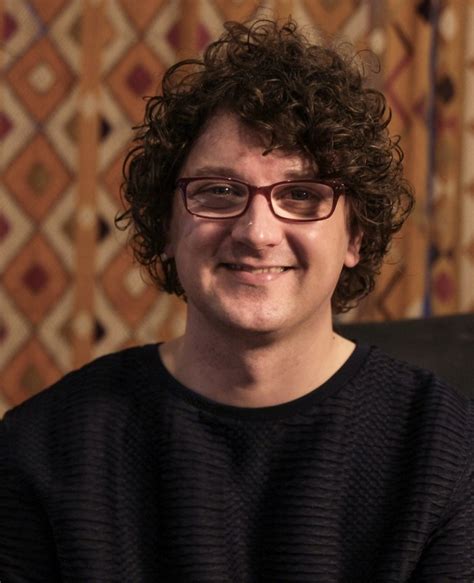A Quote by Amos Oz
I work in Hebrew. Hebrew is deeply inspired by other languages. Not now, for the last three thousand years, Hebrew has been penetrated and fertilized by ancient Semitic languages - by Aramaic, by Greek, by Latin, by Arabic, by Yiddish, by Latino, by German, by Russian, by English, I could go on and on. It's very much like English. The English language took in many many fertilizations, many many genes, from other languages, from foreign languages - Latin, French, Nordic languages, German, Scandinavian languages. Every language has influences and is an influence.
Quote Topics
Ancient
Arabic
Been
Could
Deeply
English
English Language
Every
Foreign
Foreign Language
French
Genes
German
Go
Greek
Hebrew
Influence
Influences
Inspired
Language
Languages
Last
Latin
Latino
Like
Many
Much
Nordic
Now
Other
Russian
Scandinavian
Thousand
Thousand Years
Three
Took
Very
Work
Years
Yiddish
Related Quotes
I was fascinated by the lack of a word for a parent who has lost a child. We have no word in English. I thought for sure there'd be a word in Irish but there is none. And then I looked in several other languages and could not find one, until I found the word Sh'khol in Hebrew. I'm still not sure why so many languages don't have a word for this sort of bereavement, this shadowing.
I can read more languages than I speak! I speak French and Italian - not very well, alas, but I can get by. I read German and Spanish. I can read Latin (I did a lot of Latin at school.) I'm afraid I do not speak any African languages, although I can understand a little bit of the Zulu-related languages, but only a tiny bit.
All the kids are learning different languages. I asked them what languages they wanted to learn, and Shi is learning Khmai, which is a Cambodian language; Pax is focusing on Vietnamese, Mad has taken to German and Russian, Z is speaking French, Vivienne really wanted to learn Arabic, and Knox is learning sign language.
I'm German! Actually, I love my countr, ;I love the language. The German language is very special because it is so precise. There is a word for everything. There are so many wonderful words that other languages don't have. It is impressive to have such a rich language, and I love to work in that language.
Each year, in this world, several languages do die out. There are certain languages that have their survival assured for many years, such as English, but there are other languages whose survival is not so sure, such as Catalan, especially if they don't have a state that protects them. Catalan is spoken in Catalonia, Valencia, the Balearic Islands, and Andorra. There are about ten million people who understand it and eight and a half who can speak it. But its future is much less certain than, for example, Danish or Slovenian or Latvian, because they have a state.



































